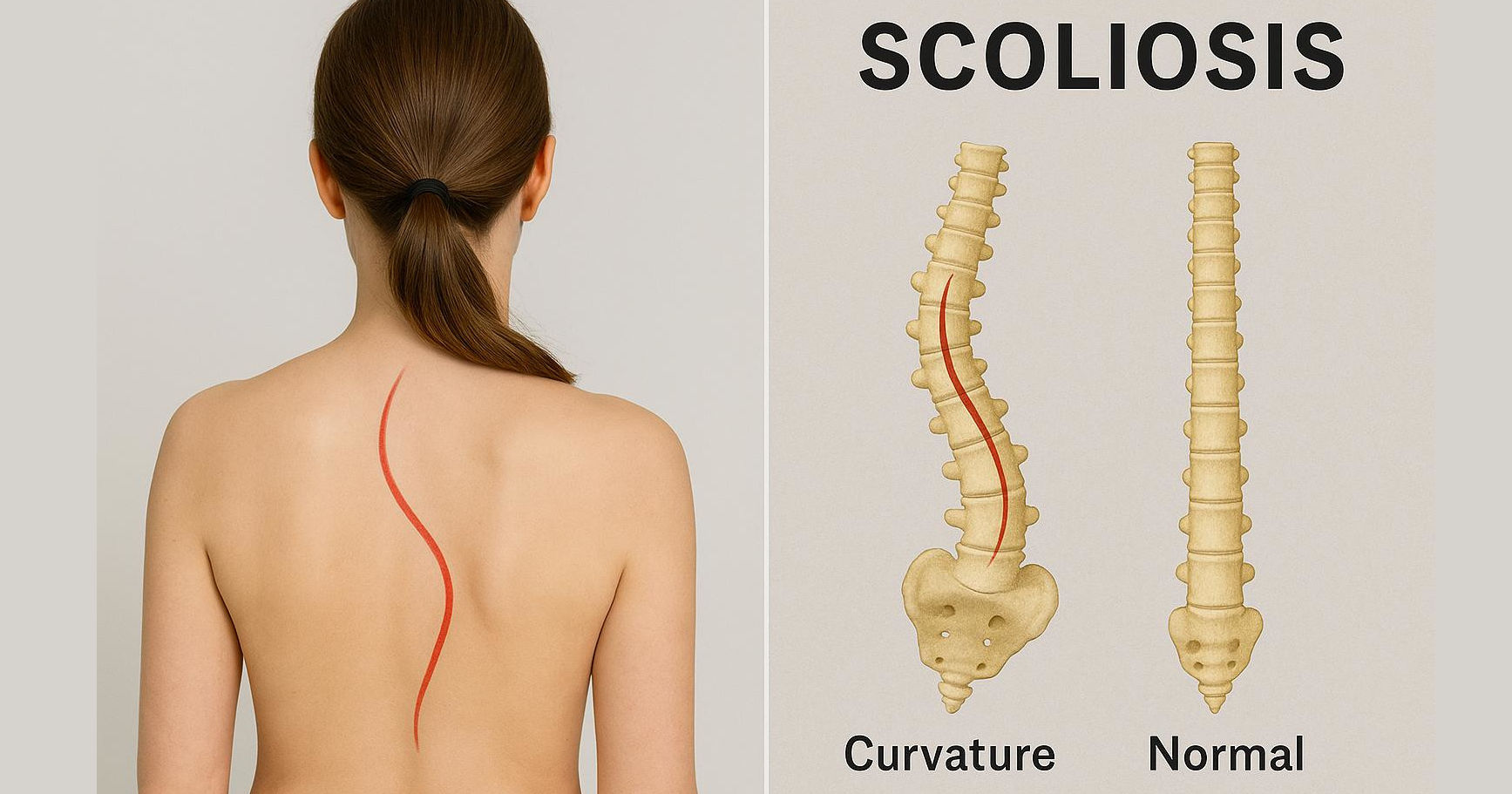
Neuropathy: What is It and What Causes It?
Neuropathy refers to a range of conditions that result from damage to the peripheral nerves, which can lead to symptoms such as pain, tingling, and weakness in various parts of the body. Understanding neuropathy involves recognizing its potential causes, which can include diabetes, infections, autoimmune diseases, and exposure to toxins.
Additionally, certain medications and hereditary factors may contribute to nerve damage. Identifying the underlying cause is crucial for effective management and treatment of neuropathy symptoms.
Conventional Treatment Options for Neuropathy: Medications and Therapies
When it comes to managing neuropathy, several conventional treatment options are available that focus on alleviating symptoms and improving quality of life. Neuropathic pain medications, such as gabapentin and pregabalin, are commonly prescribed to help manage chronic pain associated with nerve damage. These prescription drugs for neuropathy work by altering the way the brain perceives pain signals.
For those seeking less intensive options, over-the-counter treatments like nonsteroidal anti-inflammatory drugs (NSAIDs) can provide temporary relief for mild discomfort. Additionally, topical treatments containing capsaicin or lidocaine may offer localized relief without the need for systemic medication.
Physical therapy for neuropathy is another valuable component of treatment. Tailored exercises can improve strength and coordination while reducing pain levels. By combining medications with physical therapy, patients can often achieve better outcomes in managing their neuropathic symptoms effectively.
Alternative and Complementary Treatments: Natural Approaches to Manage Symptoms
Alternative and complementary treatments offer a range of natural approaches to manage symptoms associated with neuropathy. One popular method is the use of natural remedies for neuropathy, which may include herbal supplements like alpha-lipoic acid and evening primrose oil, known for their potential benefits in nerve health.
Acupuncture for nerve pain has also gained traction as a holistic approach, leveraging the principles of traditional Chinese medicine to stimulate specific points on the body, potentially alleviating discomfort and improving overall well-being.
In addition to these methods, dietary supplements for nerve health, such as B vitamins and omega-3 fatty acids, are often recommended to support nerve function and reduce inflammation. By exploring these holistic approaches to neuropathy, individuals can find complementary strategies that align with their health goals while addressing their symptoms naturally.
Lifestyle Changes that Can Help Alleviate Neuropathy Symptoms
- Diet Changes for Nerve Health: Incorporating a balanced diet rich in antioxidants, vitamins B12 and E, and omega-3 fatty acids can support nerve health. Foods such as leafy greens, nuts, fish, and whole grains are beneficial.
- Exercise Benefits for Neuropathy: Regular physical activity helps improve blood circulation and reduce pain associated with neuropathy. Activities like walking, swimming, or yoga can enhance mobility and strengthen muscles without putting excessive strain on the nerves.
- Managing Stress with Lifestyle Changes: Chronic stress can exacerbate neuropathy symptoms. Integrating relaxation techniques such as meditation, deep breathing exercises, or mindfulness practices into your daily routine can help manage stress effectively.
- Sleep Hygiene and Nerve Health: Prioritizing good sleep hygiene is crucial for overall nerve health. Establishing a consistent sleep schedule, creating a restful environment, and limiting screen time before bed can improve sleep quality and reduce discomfort related to neuropathy.
In conclusion, taking control of your health is paramount, especially when it comes to managing neuropathy. Exploring various treatment options can lead to significant improvements in your quality of life. Don’t hesitate to consult with healthcare professionals who can guide you through these options tailored to your specific needs.


Dr. Scoppa
Dr. David Scoppa holds a bachelor of science degree in the biological sciences from Susquehanna University in Selinsgrove, PA where he published his first journal article in 1996. He worked as an associate scientist in pharmacokinetics for both Dupont Pharmaceuticals and Bristol-Myers Squibb. In 2006, he earned a Doctorate of Chiropractic Medicine from Palmer Chiropractic College Florida.